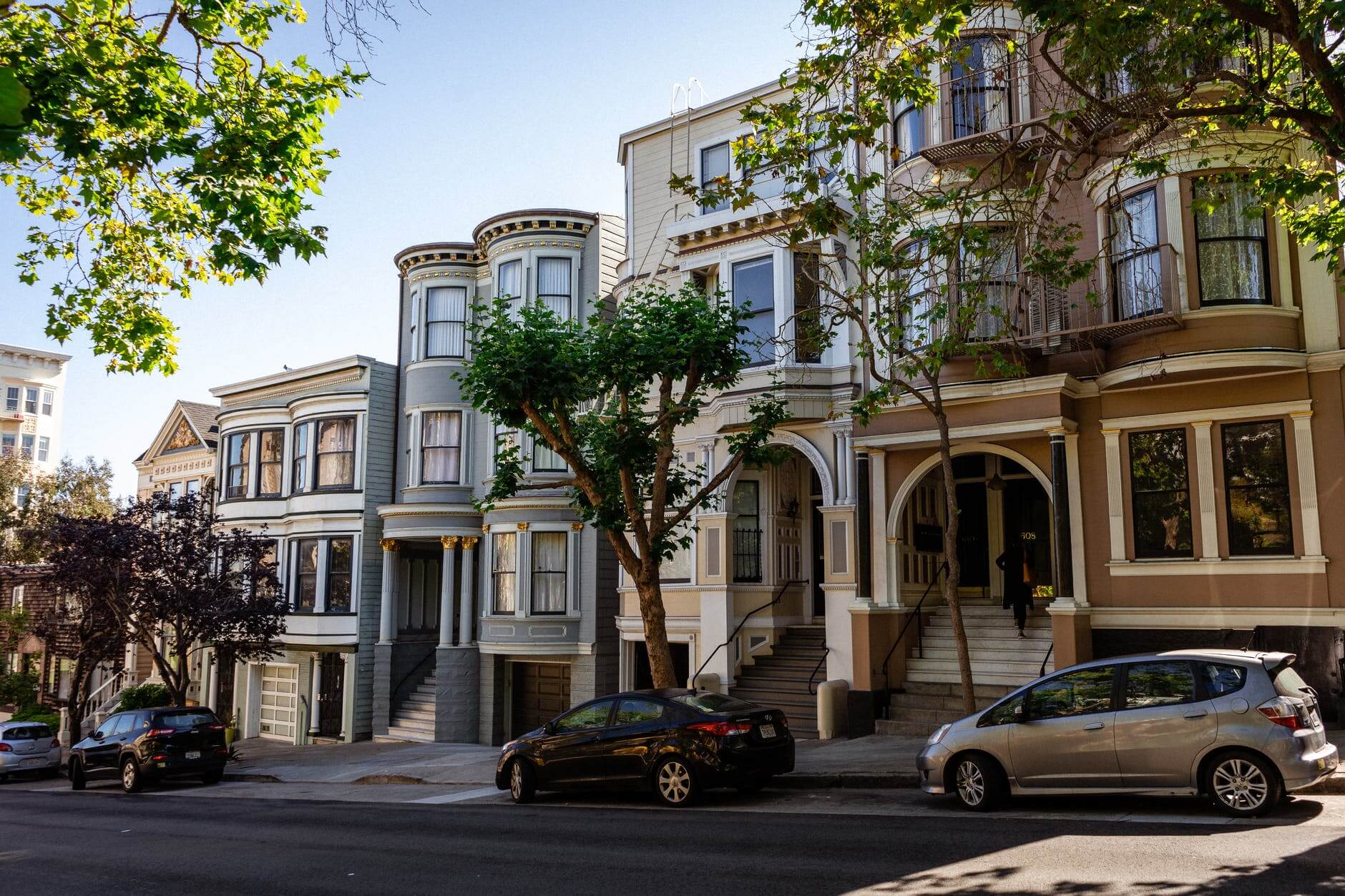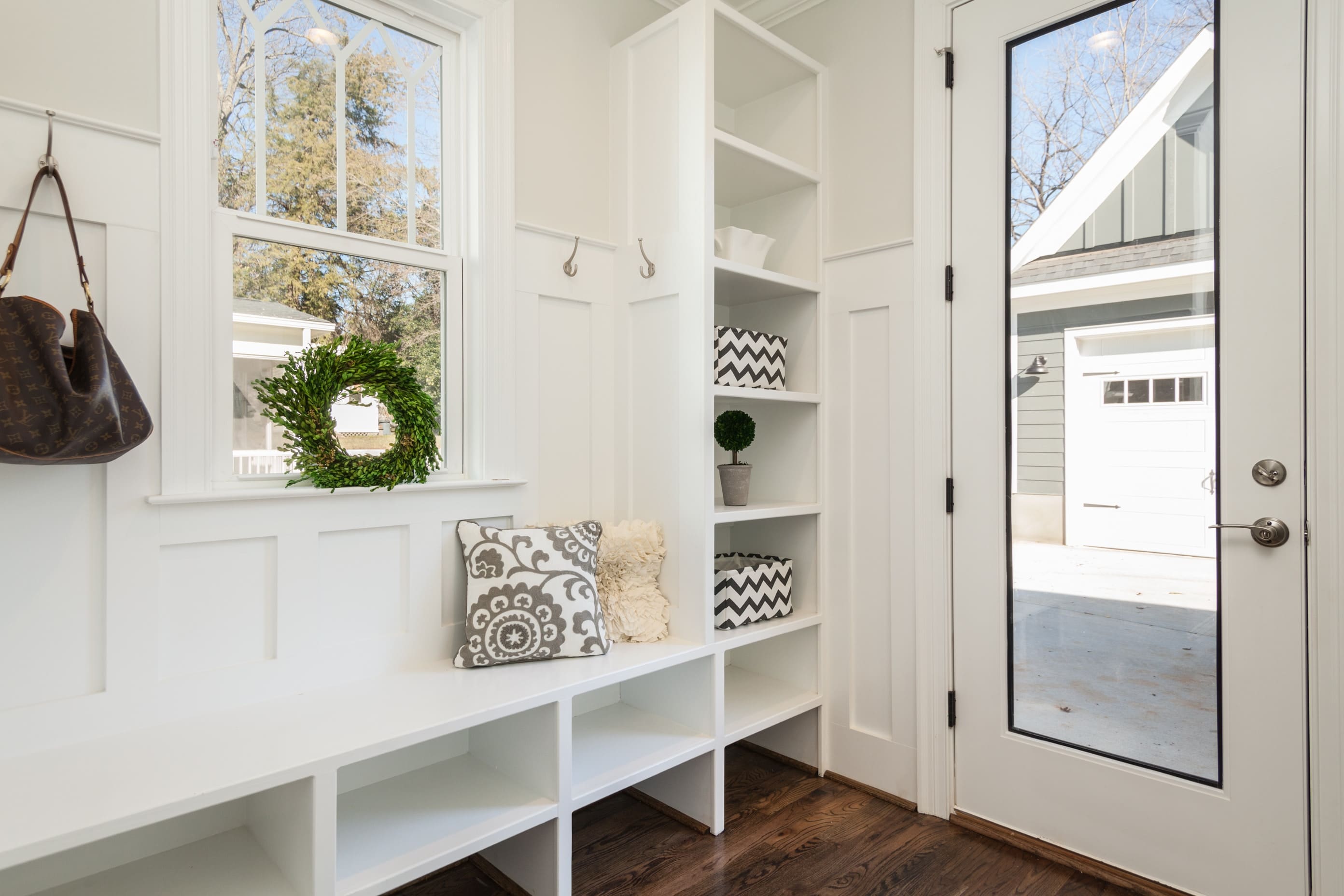The real estate industry can be very tricky. You would need to do some background checks before deciding to rent a new commercial real estate space. Renting can be risky so it is always best to read up about it before diving right in.
Photo by PhotoMIX Company on Pexels.com
BDC Senior Account Manager, Reese Jenkins, gave the following tips. “Taking the time to plan for your company’s needs when leasing can help you avoid a lot of common mistakes. Talking early with a good lawyer and [your] banker can help you avoid problems such as hidden costs or tight cash flow.” It is also recommended to consult with a certified access specialist (CASp) to inspect the facilities and check for accessibility standards.
We will list down the six easy steps you can follow when leasing commercial real estate.
- Take note of what your business needs.
As the very first step, this is essential before leasing a commercial space. You need to review your business then figure out your real estate needs.
Do you need a bigger space? What about meeting rooms? Asking the right questions will lead you to realize what you need from a new space that will work best for your company in the coming years. You should also map out the [limiting] factors you are working with, like your budget, number of staff, and even the timing of your move in relation to the seasons. Noting these beforehand will save you from a lot of time and energy as you make more decisions later down the road.

- Discuss with reputable advisors.
The next step is to discuss your needs with a team of commercial real estate advisors and partners. You may want to maximize this opportunity but putting all the cards on the table and asking them about your concerns, like talking to your banker about your financing needs, or your commercial real estate broker about the kind of place you are looking for.
Commercial real estate can either work for you or against you – so always keep a watchful eye. Consulting a Certified Access Specialist or CASp will be a big help since they are experts in construction-related accessibility laws. A small business inspection and report would approximately cost $1,200.
- Be flexible and explore many options.
While it’s good to have your list of things you want, you should also manage your expectations. Unrealistic expectations about locations, types of spaces, and rent prices could shock you in the long run.

You should have a good agent on your side who will inform you about how the market works and what will give you the best run for your money. Adjustments might be necessary if you need to expand your search or change your budget a little bit. As it goes, a farther location will offer better rent while a prime location will cost you more. Trade-offs are necessary until you find one good deal that you can commit to.
- Negotiate for a good lease.
This is a crucial step! Once you have found a space you like, don’t sign the landlord’s offer right then and there. Try to negotiate your lease especially if something is off. Consult with your advisors to understand all the costs, including incidentals like the certified access specialist inspection, the property tax, insurance, even utilities and maintenance.
Always ask if leasehold improvements are available and for tenant inducements; for example, if you build an extra bathroom, how much will the landlord help you with the costs? Clarify everything before signing your contract, and have your trusted commercial real estate lawyer go through the lease twice or even thrice. It is much better to be safe than sorry to ensure your company’s protection.

- Understand your financing options with your banker.
Now that you have finalized a lease, set a meeting with your banker to explore all your financing options. One feasible option is a short-term loan to help with renovations of new leased space. At this point, you should also negotiate with your landlord how you will split the costs for the improvements.
A common mistake is when businesses use their working capital to pay for leasehold improvements and moving expenses. People usually underestimate how much a move will drain your cash. A cash shortage after your move could decrease your production ability, buy inventory, or even hire new employees. All of these mean that you will not be able to use your new space to its full efficiency like you originally planned. So always be sure that you are keeping tabs of where your money is going.

- Plan for the transition.
Once everything is set, work with your entire team to plan a smooth transition into the new space. Moving into your brand new lease can be very exciting! But it can also go south if things are not planned and executed well. The last thing you want is burning out your entire team and rushing into the move when nothing is ready.
Invest in time to move assets, make the necessary leasehold improvements, and get all items and furniture in its own comfortable space. If you have products, be ready for some downtime because transitions often take longer than expected. A contractor would be very helpful at this point and you can even ask for quote renovations early on so you can include it in your budget.

Paying rent is definitely a big expense, especially if you are operating in a major city. It costs even more to have a lease. But think about what your company really needs – maybe this commercial lease will provide a good return of investment for you and it’s the next necessary step you need to take.
We also recommend hiring a reputable real estate agent and lawyer. Most entrepreneurs are too busy to look over all the paperwork, and – let’s be honest – they are unfamiliar with the real estate industry. Hidden costs and confusing lingo might surprise you in the long run. If you are not careful, these major added costs could have serious consequences on your company’s profitability. So always work with people with a good reputation and whom you can trust as you explore your commercial real estate options!







